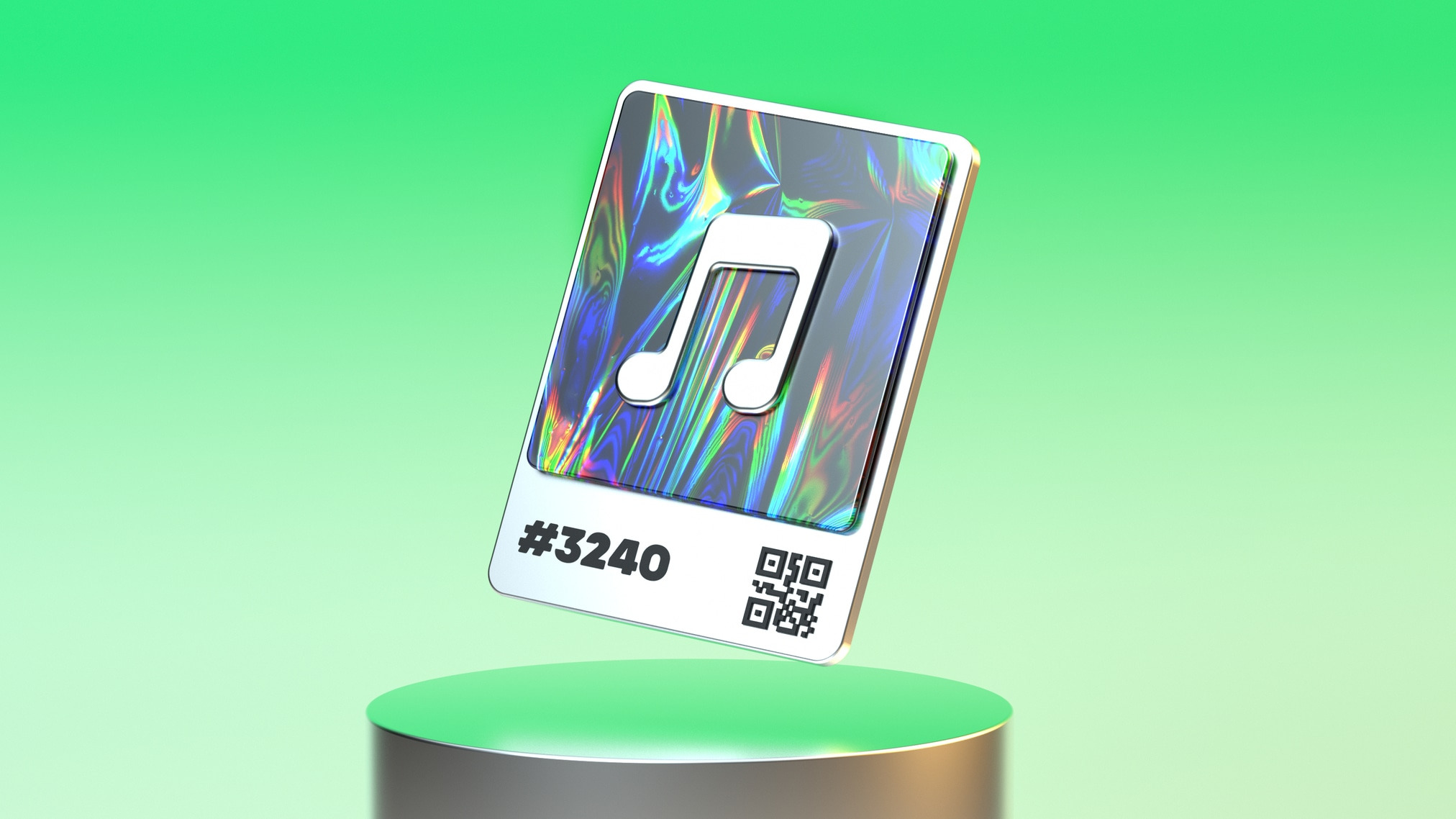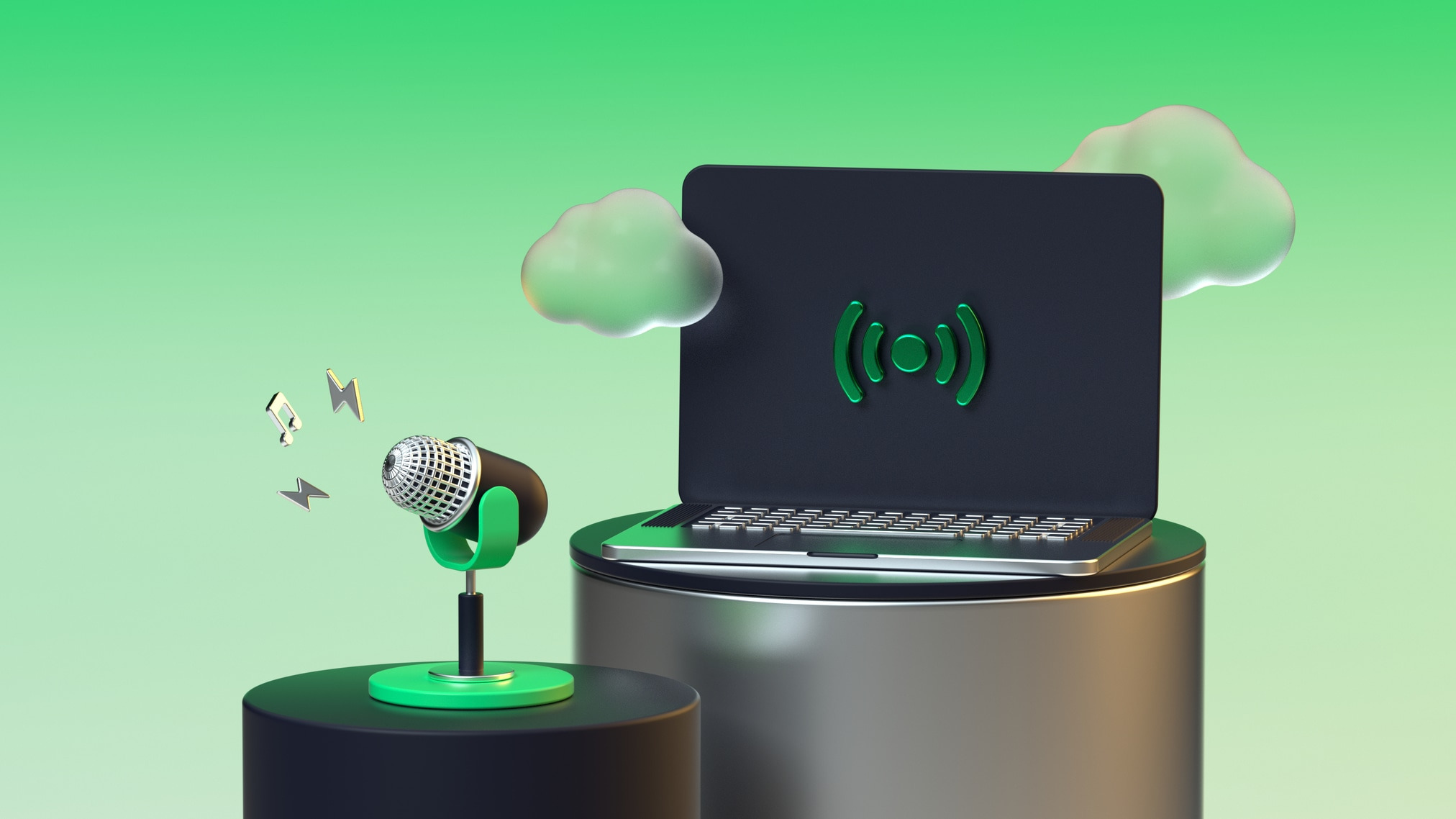Chances are that, by now, you've at least heard of the term "NFT." Scooter, Zedd & Gareth Emery have all released their own NFTs, and more artists are joining the NFT hype train every day. Recently, an NFT art collection sold for as high as $69 million USD. They've been all over the news and social media over the past few months. They're cool, they're futuristic, but what exactly are NFTs, and are they the future of music?
What are NFTs?
NFTs are a way that digital art is stored in its original form, instead of a copy. To wrap your head around the idea, imagine a digital token that represents ownership of a work of art from an artist. These tokens exist on a blockchain, which is the same technology that powers cryptocurrency.
Owning an NFT is almost the same thing as owning an original sculpture, like Michelangelo's David. However, instead of being the guy at the museum who simply takes a picture and saves it so his phone, when you own an NFT, you own the original digital - not a copy.
NFT stands for "Non-fungible token." Let's dissect what that means.
A fungible asset is an interchangeable asset; for example, the ultimate fungible asset is cash. A single €10 Euro note will always be worth another €10 Euro note, and they can always be exchanged with each other and keep the same value.
However, when we look at items like artwork or trading cards, we see that they aren't fungible - they have different values and are unique from each other; thus, they can't be exchanged for the same value.
So, you can imagine NFTs as a form of digital trading cards that represent ownership and are powered by cryptocurrency. Artwork, video, and songs can all be turned into NFTs and sold as one-of-a-kind items. When someone purchases an NFT, they receive a private link to a piece of content that they have the right to download, play, and display.
How can the music industry use NFTs?
NFTs give people the unique opportunity to own a part of music history. By owning an artist's NFT, a supporter or collector knows that only they have that token and can display that token.
Besides releasing a song as an NFT, they can also contain exclusive content, such as a different version of a song or music video that only the person who owns it has the right to display.
Some artists have bundled real-world perks into their NFT sales - Scooter, for example, offered lifetime VIP access to all of their shows worldwide for the buyer of their "God Save The Rave" NFT which sold for approximately €8,000 Euros on Opensea.
What will the future of NFTs look like?
Eventually, NFTs will have a life in games with virtual worlds like Minecraft and Roblox. They'll also become easier to display and trade, unlike today, where it takes some work to figure out how to buy one, and there is no way to display your NFTs beyond playing the file on a computer.
Are NFTs the future of music?
While it's not a guarantee, there is a decent chance that NFTs will disrupt the traditional model of how artists get paid and how much they earn. By introducing their work as digital assets, artists can offer unique items and engage with their audience in an unprecedented way.
NFT technology is still young, and no one understands the full potential of how this type of token can be used yet. The only thing we know for sure is that the technology works and will probably stick around. Whether the mainstream accepts the technology or not is another question, but something we should think about in the context of the journey that cryptocurrencies have had over the past ten years.



